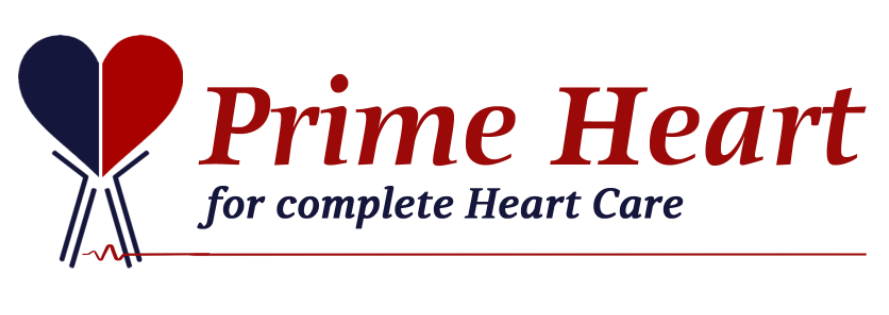

Angina is chest pain or discomfort that occurs when your heart muscle isn’t getting enough oxygen-rich blood. It’s a symptom, not a disease itself, and often indicates an underlying condition like coronary artery disease (CAD).
Here’s a breakdown of angina:Cause:
Reduced blood flow due to narrowed coronary arteries caused by plaque buildup (atherosclerosis).Symptoms
Discomfort or pressure in the chest, often described as tightness, squeezing, or burning. Pain can radiate to the shoulders, arms, jaw, neck, or back. Additionally, shortness of breath, sweating, nausea, and fatigue may occur during angina episodes.Types:
- Stable angina: Most common type, predictable chest pain triggered by exertion or stress and relieved by rest or medication.
- Unstable angina: Unpredictable and worsening chest pain, a medical emergency requiring immediate attention.
- Variant angina (Prinzmetal angina): Less common type caused by spasms in the coronary arteries, often triggered by emotional stress and relieved by rest or medication.
Treatment:
- Lifestyle changes: Quitting smoking, healthy diet, exercise, and weight management are crucial for managing angina and reducing CAD risk.
- Medications: Medications like nitrates (to widen blood vessels and improve blood flow), beta-blockers (to slow heart rate and reduce workload), and cholesterol-lowering medications can help manage angina.
- Procedures: In some cases, minimally invasive procedures like angioplasty and stenting or even bypass surgery might be needed to open narrowed coronary arteries and improve blood flow.
Here are some additional points to remember:
- Angina is a serious medical condition, but it can be managed effectively with lifestyle changes and medications.
- If you have angina, it’s important to follow your doctor’s recommendations to control your risk factors and prevent complications.
- There are different types of angina, and the best course of treatment will vary depending on the individual.
